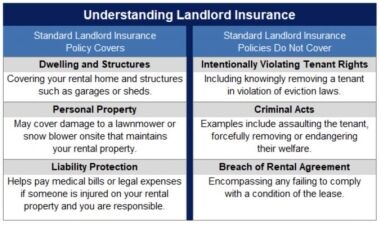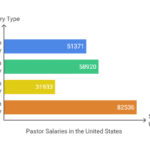Facing a situation where your landlord is incarcerated can be unsettling and raise many questions about your tenancy rights. While it’s understandable to feel anxious, remember that your legal protections as a tenant remain intact even if your landlord is behind bars. This article will delve into the complexities of this unique situation, outlining your rights and responsibilities as a tenant when what happens if your landlord goes to jail. We’ll explore how lease agreements are affected, how rent payments are handled, and how to navigate communication challenges during this time.
Landlord Imprisonment and Tenant Rights
The fundamental principle is that a landlord’s imprisonment doesn’t automatically void your lease agreement. Your tenancy rights are protected by local and state laws designed to safeguard tenants regardless of their landlord’s circumstances. These laws ensure you have a secure place to live and prevent landlords from exploiting vulnerable situations.
It’s crucial to understand that your legal obligations as a tenant, such as paying rent on time and adhering to lease terms, still apply even if your landlord is incarcerated. However, the practical implications of this situation can create challenges that require careful navigation.
Lease Agreement Validity
Your existing lease agreement remains legally binding even if your landlord is in jail. The terms and conditions outlined in the lease continue to govern your tenancy relationship. This means you are still obligated to pay rent according to the agreed-upon schedule and abide by the rules and regulations stipulated in the lease.
However, certain clauses within the lease might require clarification or adjustment due to the landlord’s absence. For instance, if the lease designates a specific person for handling maintenance requests, their inability to fulfill this role due to incarceration could necessitate alternative arrangements.
Rent Payment Collection Challenges
While your legal obligation to pay rent remains, collecting rent from an incarcerated landlord can present logistical challenges.
If you have been paying rent directly to your landlord and they are now unable to receive payments, it’s essential to explore alternative methods. Contacting the property manager, if one exists, is a good first step. They may be able to provide guidance on how to proceed with rent payments.
Maintenance Requests During Incarceration
When your landlord is incarcerated, addressing maintenance requests can become more complicated.
If your lease designates a specific person for handling maintenance, their absence due to incarceration might necessitate finding alternative solutions. Consider contacting the property manager or seeking legal advice on how to proceed with urgent repairs. In some cases, you may be able to make necessary repairs yourself and deduct the cost from your rent, but it’s crucial to consult local laws and regulations before taking this step.
Communication with Imprisoned Landlord
Communicating with an incarcerated landlord can be challenging due to limitations on communication access within correctional facilities.
Attempting to contact them directly might prove unsuccessful. If you need to address urgent matters related to your tenancy, consider reaching out to the property manager or seeking legal counsel for guidance on appropriate communication channels.
Conclusion
Navigating a situation where your landlord is incarcerated can be complex and require careful consideration of your rights and responsibilities as a tenant. While your lease agreement remains valid, practical challenges may arise regarding rent payment collection, maintenance requests, and communication. Seeking legal advice is highly recommended to understand your specific options and ensure your tenancy rights are protected throughout this process. Remember that local and state laws are designed to safeguard tenants in these situations, providing you with a framework for navigating the complexities of what happens if your landlord goes to jail.



